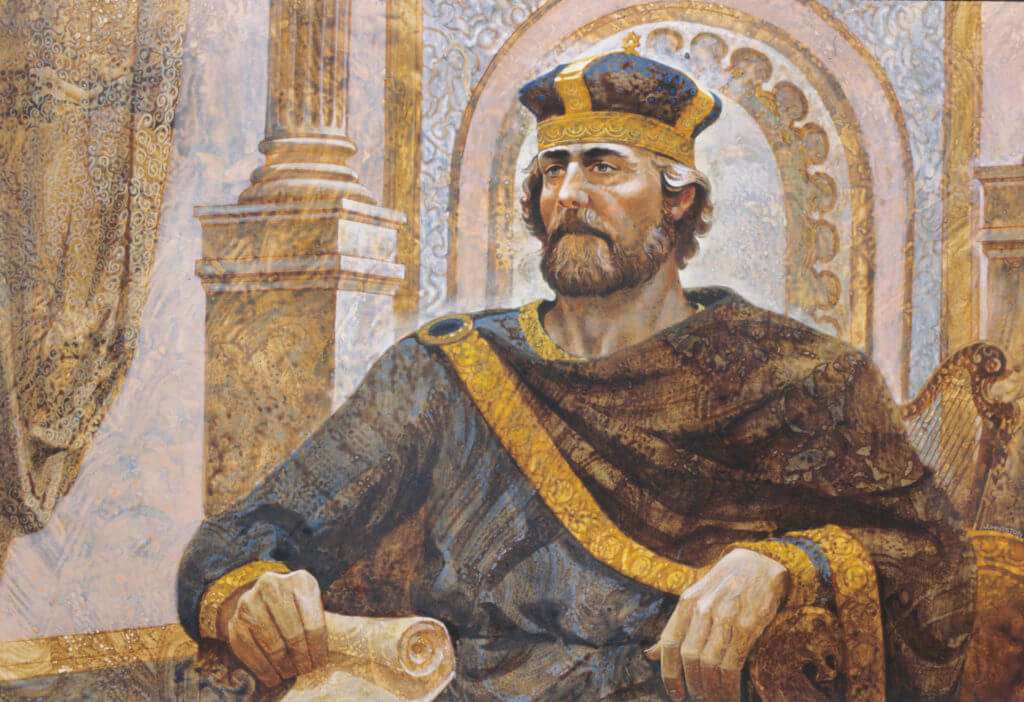It seems to me that being ordained a king or a priest has little meaning if the person so ordained merely bears those titles and doesn’t actually function as a king or priest—by God’s definition, that is, not man’s. Isaiah prophesies endtime persons being so ordained; but he also gives criteria for what it means to serve in those capacities. While in last week’s post I introduced the Davidic Covenant—the agreement between God and a person who serves as king—this week I want to explore the priestly part of these ministering functions. In each instance, Isaiah draws on the pattern of Jehovah God of Israel as a King and Priest.
Anciently, the priest’s role was to make atonement for his people’s transgressions by sacrificing an animal without blemish on their behalf. That practice came to an end with Christ’s offering himself as an unblemished sacrifice on behalf of God’s people who had transgressed who repented of doing evil. In that light, it was plain to me that animal sacrifice foreshadowed the sacrifice Israel’s Messiah would make on behalf of his people. It was also obvious that an animal, being a lower species, couldn’t in reality atone for a person who had transgressed against God. Only one who was himself a God could justifiably do that.
Translating these things into how I view my own role as a priest, I have come to consecrate my life in God’s service on behalf of loved ones and for those causes that unite me with my Savior who gave himself for me. In this I find peace, knowing that I am on his path—that if I maintain this consecration of myself others will be blessed on my account who might not otherwise be blessed. I also know that therein lies safety from being deceived on account of the heavenly help I receive daily in my labors. While I can never fully repay my Savior’s sacrifice on my behalf, I can by God’s grace go a long way toward emulating him.












